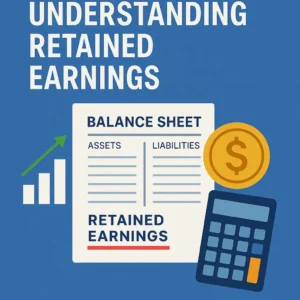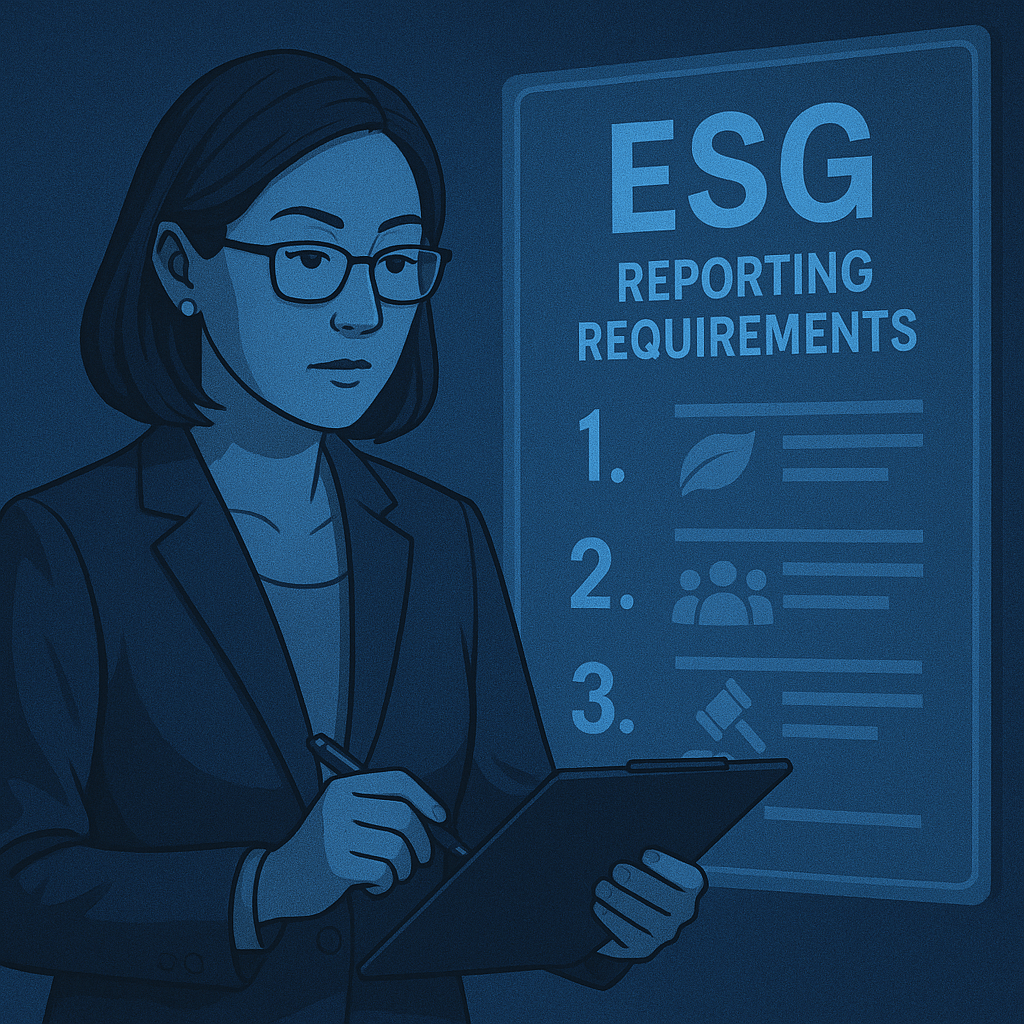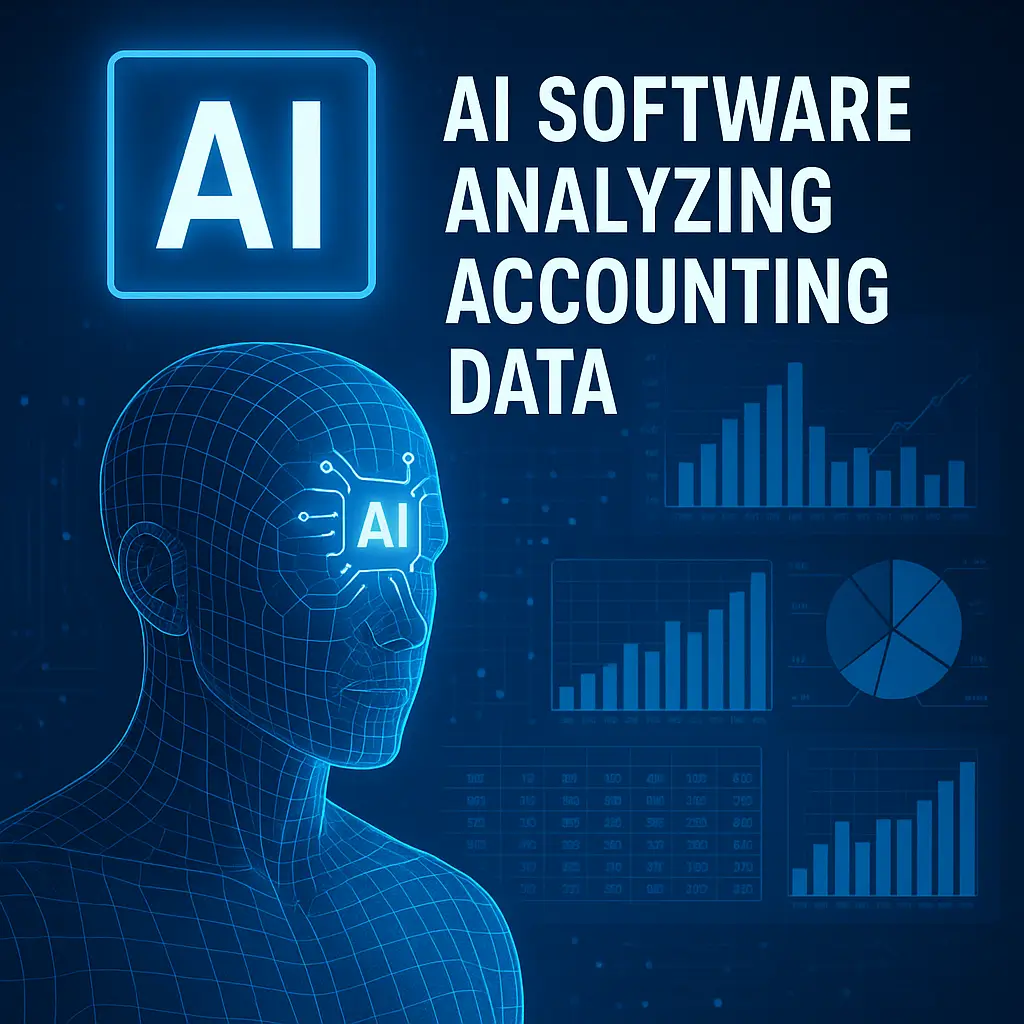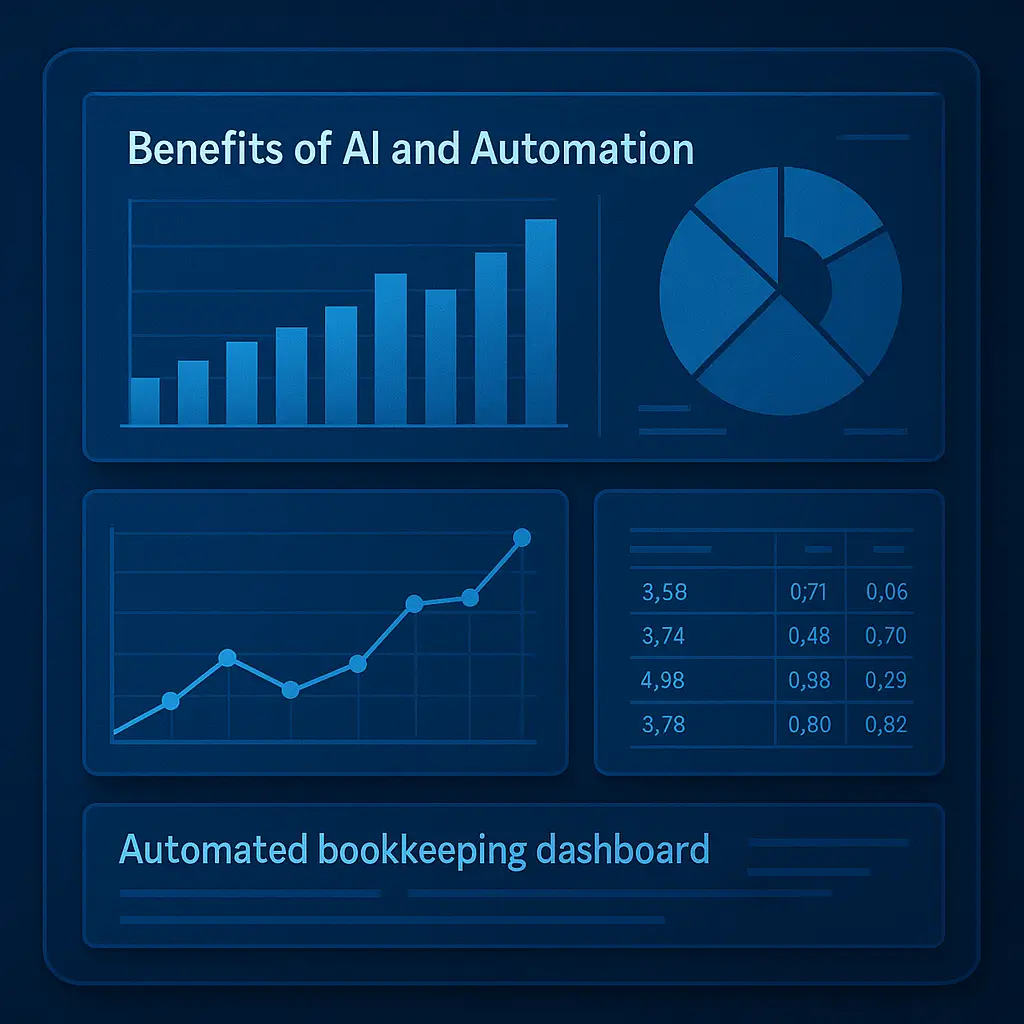Retained earnings are one of the most essential components of small business accounting. As a business owner in Vancouver, understanding how retained earnings work—and how to manage them—can make a major difference in your company’s long-term financial health. In this article, we’ll break down the basics and help you integrate smart practices into your operations.
What Are Retained Earnings?
Retained earnings refer to the accumulated profits of a business that are not distributed as dividends but are instead reinvested in the company. They appear on the balance sheet under shareholder’s equity and are used to fund operations, expansion, or reduce liabilities.
To calculate retained earnings, use the following formula:
Tracking retained earnings is a core part of small business accounting and financial planning.
Why Retained Earnings Matter for Small Businesses
Retained earnings are more than a number on a balance sheet. They reflect your business’s ability to generate profit and make wise reinvestment decisions. Here’s why they matter:
- Supports business growth: Use retained earnings to fund new product lines, hire talent, or upgrade equipment.
- Improves creditworthiness: Lenders and investors look for healthy retained earnings as a sign of financial stability.
- Buffers against downturns: A strong balance gives you flexibility during economic slowdowns or emergencies.
Learn more about creating a solid budget that aligns with your retained earnings strategy.
Best Practices for Managing Retained Earnings
To make the most of your retained earnings, consider the following:
- Set clear goals: Know what you’re reinvesting in—whether it’s marketing, staffing, or equipment.
- Work with a CPA: A qualified Chartered Professional Accountant (CPA) can guide you in balancing retained earnings with other financial priorities.
- Monitor regularly: Include retained earnings review in your financial literacy practices.
- Update stakeholders: If you’re operating with partners or investors, regularly report how retained earnings are used.
Proper retained earnings management helps set the stage for sustainable growth and is a critical component of strategic financial planning.
When to Consider Distributing Dividends
Not all retained earnings must be reinvested. Sometimes, distributing dividends to shareholders is a smart move—especially when your business has stable cash flows. Work with your accountant to evaluate:
- Tax implications for your company and shareholders
- Future funding needs and operational cash flow
- Shareholder expectations and long-term goals
Balance Sheet Integration and Forecasting
Understanding how retained earnings integrate with your overall financial statements is critical. They connect directly to your balance sheet and net income from your income statement. This connection helps in:
- Assessing business performance over time
- Informing strategic planning and future budgets
- Communicating with stakeholders and partners
If you’re ready to take a deeper dive into long-term strategy, consider reading our article on setting and sticking to financial goals.
Conclusion
Retained earnings are an essential component of any thriving small business in Vancouver. They are not only a sign of success but a tool for future growth and stability. Whether you’re planning for expansion, debt reduction, or navigating economic uncertainty, managing retained earnings effectively should be part of your broader financial strategy.
To learn how our CPA services can support your business, we invite you to schedule an appointment or reach out via our contact us page. Let’s build a solid foundation for your business together.
















